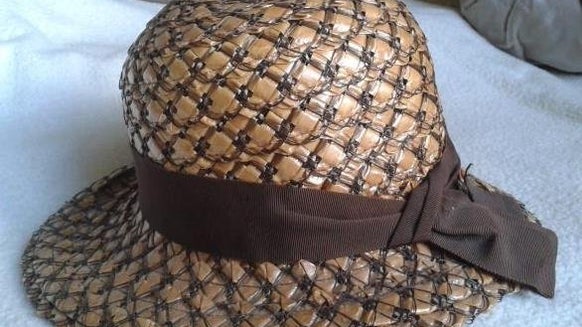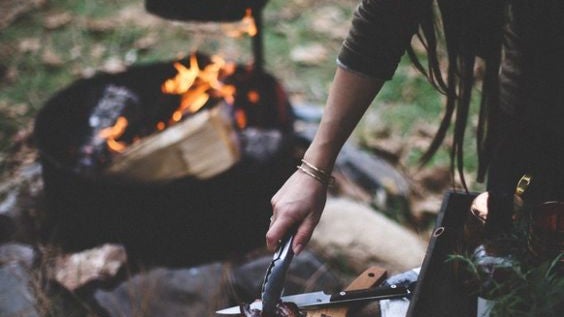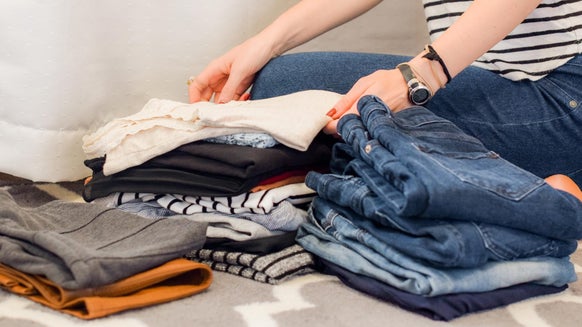Choosing A Horse or Pony
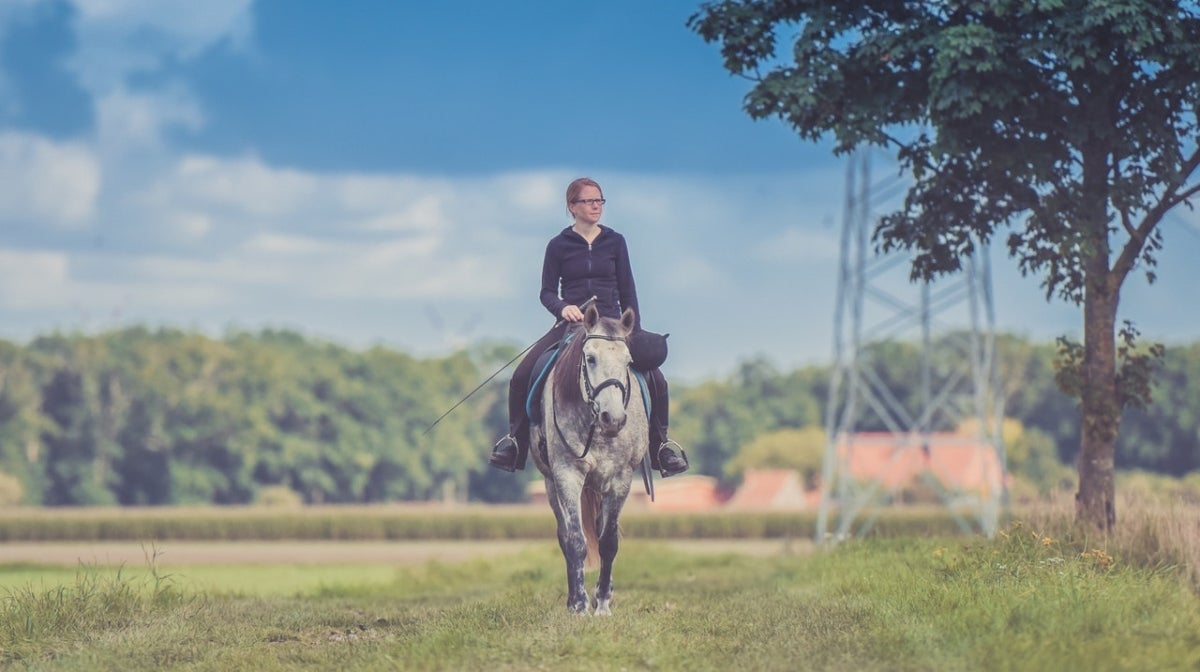
Buying or loaning a horse or pony is a big decision. It is also a real and ongoing commitment, in terms of finances and time as well as being an emotional investment. As such, you need to make sure that you are choosing a horse or pony that is best suited to meet all your, and their, individual needs. The Blue Cross offers some advice and key things to consider before making any decisions before choosing a horse or pony.
Choosing the Perfect Horse
No two horses are exactly alike in type, shape or temperament, and the same is true for riders. Therefore - whether you are a first-time buyer or an experienced owner, finding the perfect horse means finding the one that is best suited to the individual concerned.
Similarly, when choosing a pony for a child, it is even more important to ensure that the animal is safe and suitable. A pony unsuitable for children is not only a potential risk but can also prove very difficult to pass on to a new home.
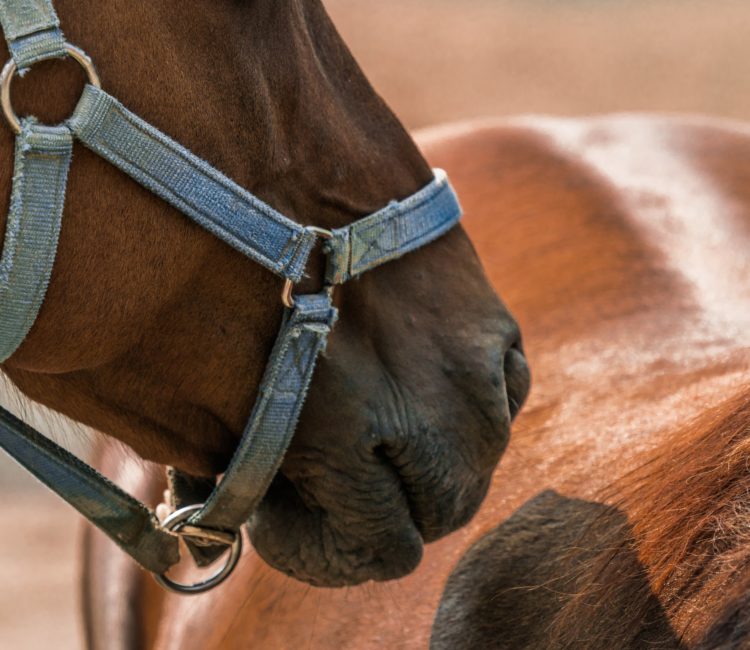
Needs of the Individual Rider or Keeper
The rider’s height, weight, fitness level, ability and riding ambitions all have a bearing on the type of horse that should be considered. A rider that is already having regular lessons can get objective advice from their instructor regarding which type of horse would be most suited to their needs.
Regular riding instruction and assistance is beneficial for all riders, regardless of their experience and abilities. The costs of instruction and on-going training should be included in the horse-keeping budget of every rider.
Horse Care Knowledge and Riding Experience
A rider who is unrealistic at the outset about their ability and confidence may end up “over-horsed” (having a horse beyond the rider’s capabilities) and in difficulty. They can become unable or reluctant to ride the horse and as a consequence, the problem escalates.
A rider wishing to improve their riding skills should avoid choosing a young or inexperienced horse. An older horse or schoolmaster (a horse that is appropriately schooled, experienced and a consistent performer in a particular discipline) provides the confidence and experience needed to help a novice or nervous rider improve. Such horses are equally beneficial for the more capable rider who lacks the time to spend training.
A potential first-time keeper should attend a horse care course before starting to look for a horse. Where a pony is intended for a child in an otherwise “non-horsey” household, it is essential that one of the adults in the family attend such a course, as one parent or guardian will be ultimately responsible for the welfare of the animal.

Use of the Horse
The activities in which the rider or keeper aims to participate will also have a bearing on the type of horse that should be sought. Occasional leisure riding, such as hacking out quietly at weekends, requires a different type and temperament of horse from one that is to compete regularly in equestrian events (ie the horse needs to be physically and mentally suited to the intended activities).
Type of Horse
In addition to considering the most suitable breed, type and size, it is essential to take account of the age, temperament, level of training and experience of the individual horse and, therefore, their ultimate suitability for the rider’s needs.
There are many breeds of riding horse and pony, each with their own unique characteristics. Each breed can be further classified into different types. The many cross-bred horses and ponies may also be classified by type. Further details can be found in various readily available reference books.
Be realistic about the size of horse required. A small adult rider may be best mounted on a pony rather than a horse. Also, many native cob types are excellent weight carriers yet not too tall. Ideally, the rider should be able to mount unaided from the ground and, once mounted, the rider’s feet should rest no lower than the horse’s elbows.
The age of the horse may affect suitability for the first-time keeper or novice rider. An older and more experienced horse is usually the most suitable choice and can be a great pleasure to own, being safe and reliable. It may be advantageous to choose a horse described as a good all-rounder, able to perform reasonably well in any area of equestrianism. Though unlikely to excel at one discipline, an all-rounder will give the novice rider an opportunity to try a variety of equestrian activities.
Keeping the Horse
When the decision to become a horse keeper was made, careful consideration should have been given to the finances needed to provide a suitable standard of care, and to where and how the horse would be kept. Factors such as the care regime the keeper is planning to adopt will influence the choice of horse.
A hardy native breed may be perfectly happy living in and working from a field throughout the year but may require more intensive management during the spring and summer to ensure that the horse does not become too fat.
On the other hand, a fine-coated, sensitive horse (less suited to coping with inclement weather conditions) normally requires a higher degree of care and supervision during the autumn and winter. This is to ensure exercise and welfare needs are met and to prevent the horse from losing weight or becoming unmanageable as a result of being stable for long periods.

Borrowing or Buying
Having a horse “on loan” from its owner (also known as “borrowing”) is a popular form of horse keeping and an attractive alternative to the substantial financial outlay associated with buying a horse. However, the costs and responsibilities of keeping a horse are the same whether it is borrowed or bought.
In addition to many private owners, several equine charities (including Blue Cross) place horses ‘on loan’ to approved homes. There are many advantages to borrowing from a charity, not least the quality of training a horse will have received and the subsequent advice and support available to the new keeper.
Finding the Right Horse
Searching for the perfect horse can be time-consuming, but the following tips should help you streamline the process and avoid wasted journeys to view unsuitable equines.
- Be realistic about what you are capable of handling and riding. Don’t start looking for a horse to bring on if really you need one that’s more established. ‘Over-horsing‘ is a common, and often costly, mistake. It doesn’t take much to give your confidence a knock, so don’t be tempted to take on too much.
Horses for sale and loan are advertised in local papers, national equestrian magazines, and on many internet sites with dedicated classified web pages. It is often best to start the search locally, extending regionally and then nationally if the right horse has not been found.
Other possibilities are word of mouth through equestrian clubs, and notice boards in local tack and feed shops. Many equine welfare charities have horses and ponies available and are experienced at matching the right horse to a potential keeper.
It sounds simple, but read the advert thoroughly and make sure you don’t miss anything. Look out for phrases like ‘not a novice ride' and don’t waste time ringing owners about horses that aren’t suitable.
Work out what you should be paying for the kind of horse you’re looking for so you don’t start searching for horses really over or under-priced.
While reading the advert look out for what’s missing from it. Ask yourself, why does the ad not say ‘no vices‘ or ‘100% catch, box, shoe‘? Note these down to ask the owner about if you decide to ring them.
If you’ve seen a horse advertised that you’re interested in, ring the seller and ask plenty of questions before hopping in your car to view it. It might well be ‘the one’ but by asking the right questions you can avoid a wasted journey and get a feel for whether the seller is genuine.

Viewing and Trying a Horse
When viewing and trying a horse for the first time, it is important to be accompanied by a suitably experienced person. Their independent advice and opinion can be invaluable in assessing the suitability of the horse and ensuring that the requirements of the rider are not compromised.
The horse should be handled both in the stable and in the field, and the prospective keeper should carry out all routine tasks (such as catching and leading, grooming and putting on the saddle and bridle) prior to a ridden trial.
The horse should be viewed and trotted in-hand on a level surface to assess its conformation, straightness and soundness. It is important to ask the vendor for details of the horse’s history, experience, the current level of fitness and specifically, whether there are any ailments or bad habits (vices).
The horse must be seen whilst ridden by the usual rider before being tried by the prospective new keeper and should be ridden in various situations and circumstances, to assess suitability and safety.
Pre-purchase Veterinary Examination
It is vital to organise a pre-purchase veterinary examination of the horse before finalising the decision to purchase or enter into a loan agreement.
The veterinary surgeon represents the buyer, in order to identify signs of disorders that may render the horse unsuitable for the purposes intended by the potential new keeper.
A pre-purchase veterinary examination cannot identify everything that may be wrong with the horse and is no guarantee of long-term good health. Many insurance companies require a copy of the pre-purchase veterinary report before they will consider insuring a horse.
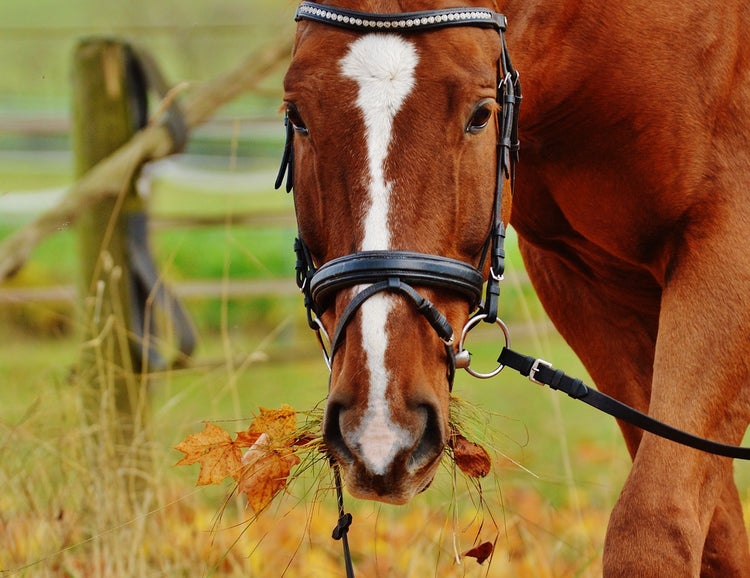
Written Agreements
Buying or borrowing a horse can present many potential problems for the unwary prospective keeper. Remember, when things go wrong, considerable costs may be incurred. Whether buying or borrowing, it is essential to put the agreement in writing and to ensure that all paperwork (compulsory equine passport, vaccination records and breed certificates, as appropriate) accompanies the horse when the transfer is made.
Equine charities normally have clear and concise loan agreements. If planning a private loan with a horse owner, it is essential to ensure that a similar loan agreement is provided, which stipulates the terms of the agreement and the responsibilities of both parties.
Clear arrangements should be made regarding how and when the horse will be moved to its new home. Also, plans for its arrival at the new yard and who will be responsible for the horse throughout the transfer (to minimise stress to all involved, especially the horse) must be specified.
At the New Home
A new horse may be unsettled as a result of a move and may take several days, or even weeks, to become accustomed to their new home.
A horse that appeared calm and quiet when first tried may become lively when in new and unfamiliar surroundings. The new keeper should expect this and give the horse sufficient time to settle down.
Additionally, a new horse and rider need to become accustomed to one another and develop a level of trust and mutual respect otherwise problems can develop rapidly.
On-going training is the key to a long, successful and enjoyable relationship between the horse and their new keeper.
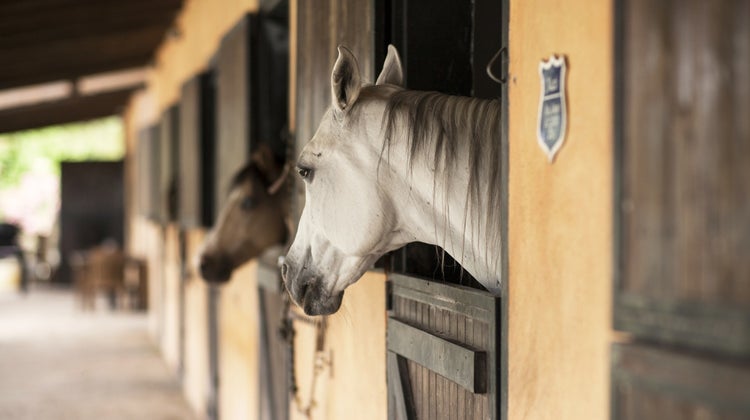
Buying from or Selling to a dealer
The Sale of Goods Act 1979 applies if you buy a horse from a dealer. It is the dealer’s responsibility to make it clear that they are a dealer when they place the advert, however, some will still advertise and act as private sellers. Potential buyers must be vigilant of this. You can report suspicious sellers on Preloved on our contact form here
To ensure that the seller is being truthful any potential buyer should check the horse passport for previous owners and if in doubt, contact the previous owners for the animal’s history. If the seller does not have the passport or does not let you see that document then do not continue with the purchase.
Selling a horse can be very emotional. People sometimes sell a horse or pony cheaply as they think it will be going to a good home or they need a quick sale for personal reasons. There are unscrupulous individuals that will take advantage of such situations, and buy the animal to sell on very quickly for a profit. This is not good welfare. Blue Cross advises sellers to be careful, to make enquiries to the buyer and to consider contacting a rehoming organisation such as Blue Cross for advice.
Rachel Cunningham is Public Affairs Manager for The Blue Cross


